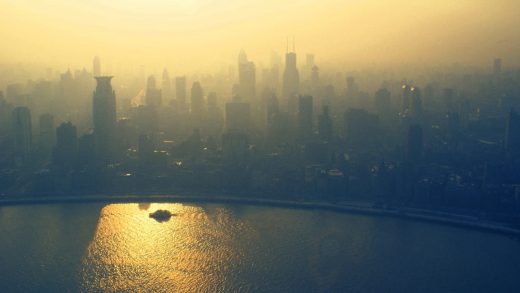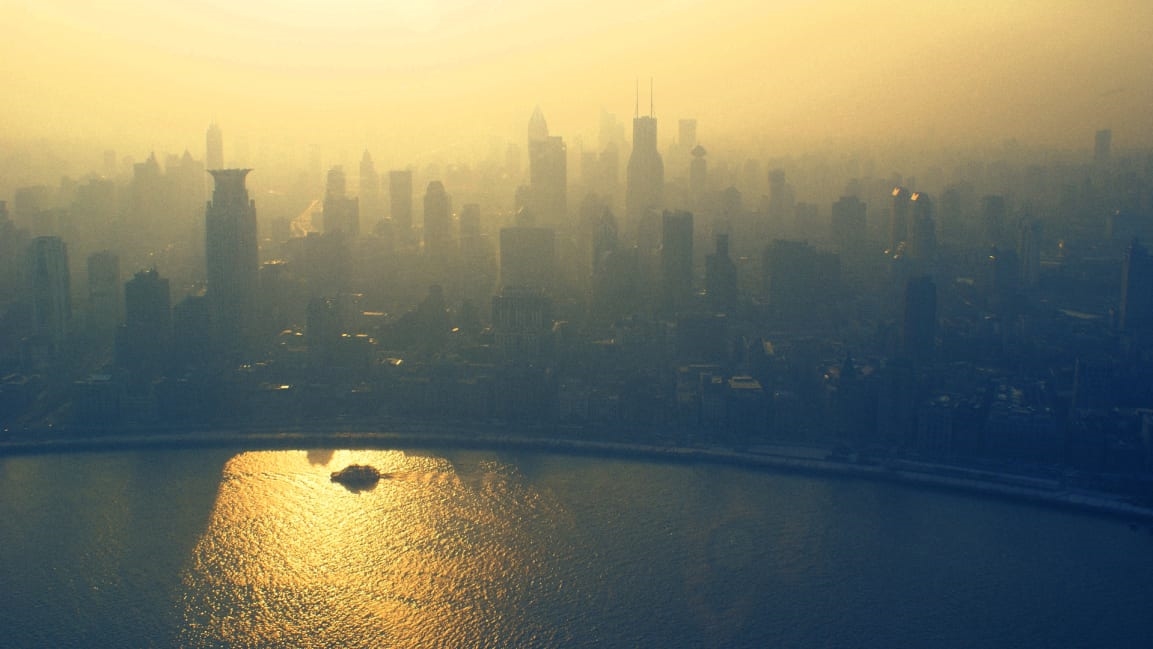People get even more miserable online when it’s smoggy
On smoggy days in a Chinese city, the mood of the city drops. In a new study, researchers used a machine-trained algorithm to analyze the happiness of 210 million geotagged posts on Sino Weibo, a Twitter-like platform, taking out any specific complaints about air pollution. When levels of the pollutant PM 2.5 went up, people were significantly less happy, and more likely to complain about other parts of their lives.
“They might not directly complain about pollution, but the pollution influences their mood, so it makes them unhappy about everything,” says Siqi Zheng, the lead author of a paper about the study published today in Nature Human Behaviour, and an urban studies and planning professor at MIT and the faculty director of the MIT China Future City Lab. The researchers looked at 144 different Chinese cities, some smoggier than others, and found that polluted days had the biggest effect on mood in both cities where the air was particularly dirty and those that typically had the cleanest air. Women were also more likely to be unhappy on smoggy days than men.
The health impacts of pollution are already obvious–one recent study suggests that an average of 1.1 million people die prematurely in China because of bad air. Other studies have also found that air pollution reduces productivity and lowers student test scores. But Zheng’s team examines the broader effects. “We want to show that there’s a wider range of the social cost of air pollution,” she says. Most people might not be hospitalized on a bad air day, but they’re still suffering impacts.
Pollution is improving in some Chinese cities, as the government has worked to shut down some coal plants and other polluters. But as recently as last week, the air was unhealthy in Shanghai and very unhealthy in Tianjin. Zheng plans to create a tool that tracks public sentiment via social media and compares it to air pollution in real time, creating a visualization for policymakers. “It’s a bottom-up way to push the government to realize the people demand a blue sky, and they can react to those demands,” she says. The same tool could be used to track other data, like rising temperatures, charting the emotional state of a city as climate change causes heat waves and other extreme weather.
(12)



